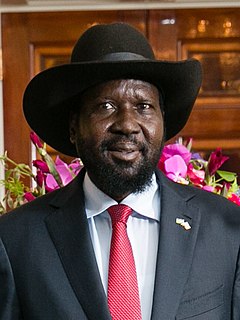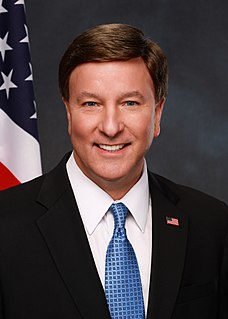A Quote by M. S. Swaminathan
There are two major challenges before Indian agriculture today: ecological and economical. The conservation of our basic agricultural assets such as land, water, and biodiversity is a major challenge. How to make agriculture sustainable is the challenge.
Related Quotes
The reductionist measure of yield is to agriculture systems, what GDP is to economic systems. It is time to move from measuring yield of commodities, to health and well-being of ecosystems and communities. Industrial agriculture has its roots in war. Ecological agriculture allows us to make peace with the earth, soil and the society.
The dialectical or ecological approach asserts that creating the world is involved in our every act. It is impossible for us to operate in our daily lives and not create the world that everyone must live in. What we desire arranges the genetic code in all of our major crops and livestock. We cannot avoid participating in the creation, and it is in agriculture, far and away our largest and most basic artifact, that human culture and the creation totally interpenetrate.
Agriculture is not crop production as popular belief holds - it's the production of food and fiber from the world's land and waters. Without agriculture it is not possible to have a city, stock market, banks, university, church or army. Agriculture is the foundation of civilization and any stable economy.
The students of biodiversity, the ones we most need in science today, have an enormous task ahead of molecular biology and the medical scientists. Studying model species is a great idea, but we need to combine that with biodiversity studies and have those properly supported because of the contribution they can make to conservation biology, to agrobiology, to the attainment of a sustainable world.
I love talking about the challenges [Newark, NJ] has because of the way they are always brilliantly disguised as opportunities.. .the biggest global challenge that there is is a challenge of the spirit, a challenge of our vision, a challenge and a test of our ideals, of who we SAY we are GOING TO BE.
A recent review of different agricultural options for the future was conducted by a panel of experts. The scientists posed the question: How are we going to feed the world when there are nine billion people on it, as there will be by 2050? And the answer they came up with was industrial agriculture won't work and genetic engineering won't work and the solution is going to be sustainable, and going to ecological kinds of farming that are based on local environmental conditions that work with local ecosystems available to develop a richer kind of farming technology.
For me the two biggest issues are climate change and animal welfare/animal agriculture. And oddly enough animal agriculture is such a contributor to climate change. According to the United Nations, 25% of climate change comes from animal agriculture, so every car, bus, boat, truck, airplane combined has less CO2 and methane emissions than animal agriculture.


































